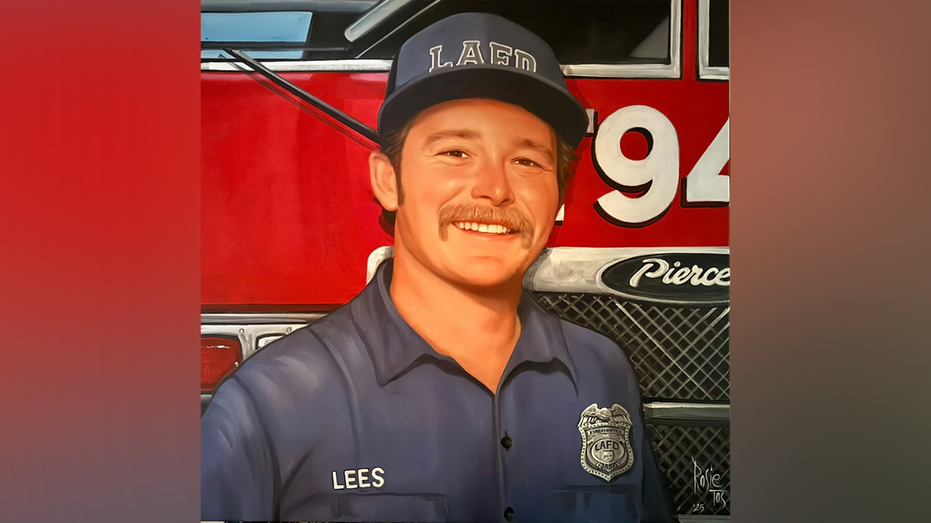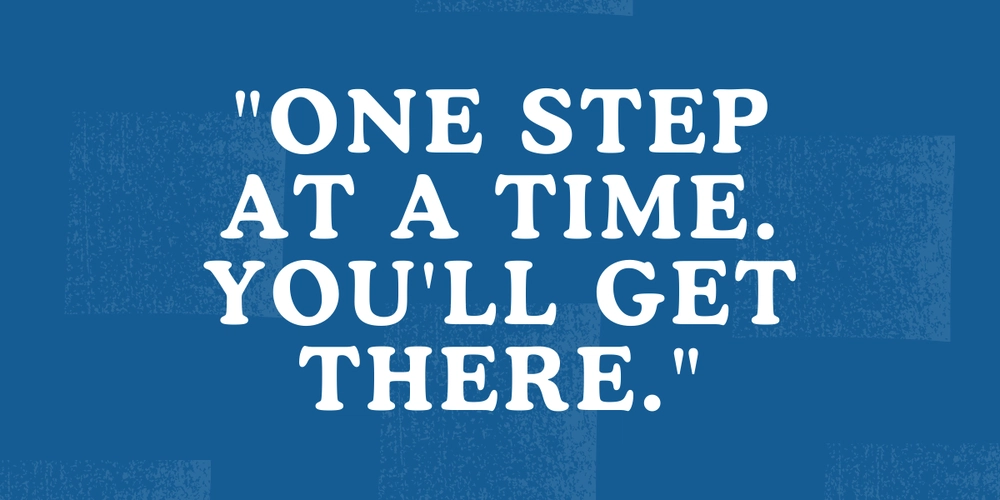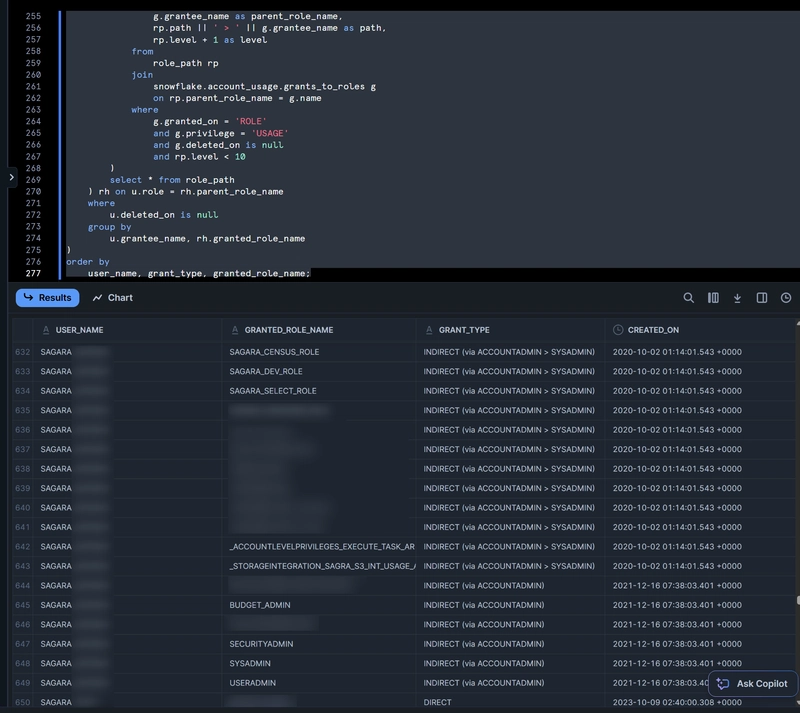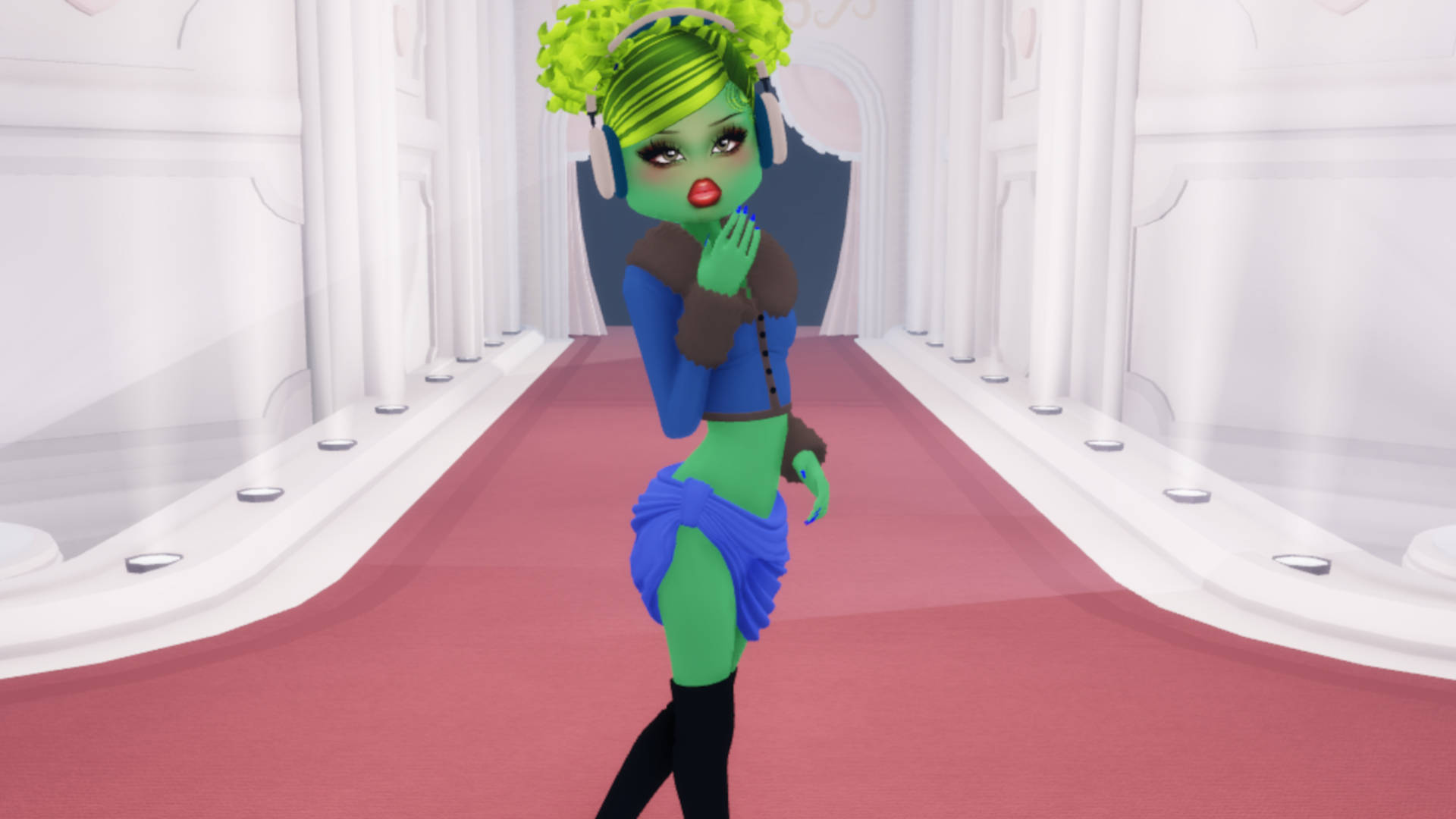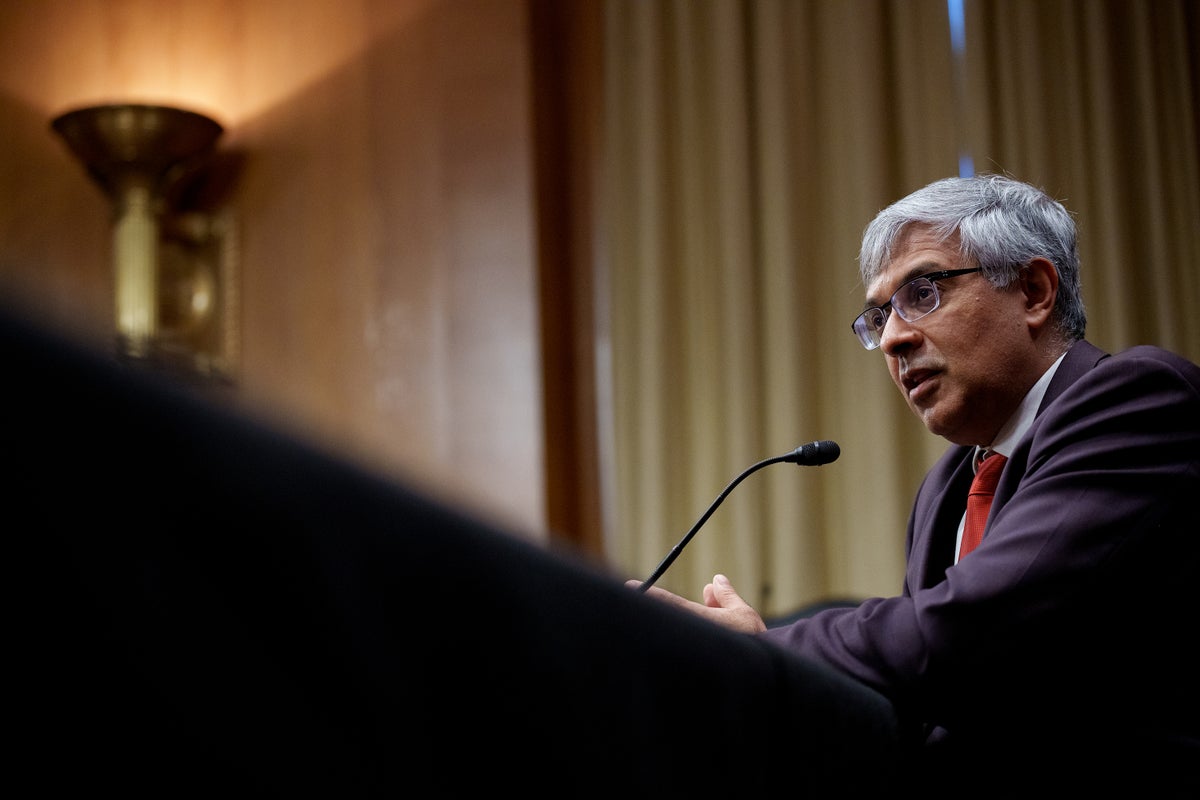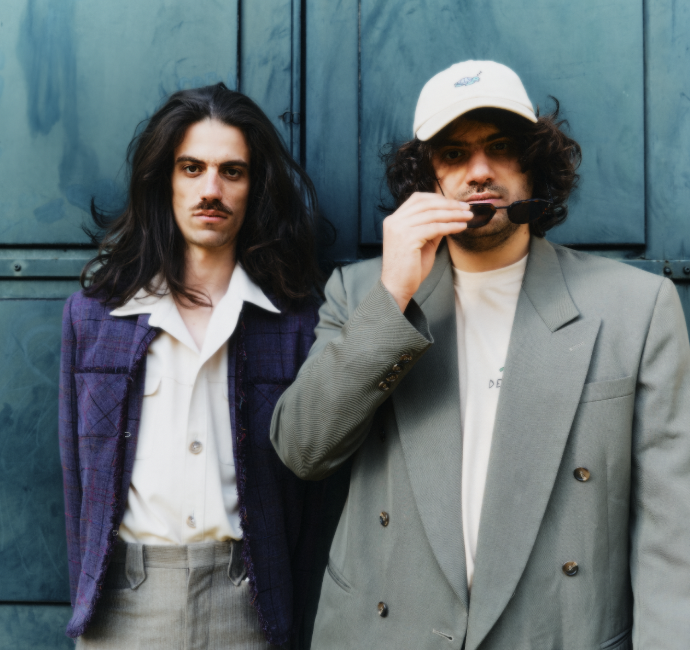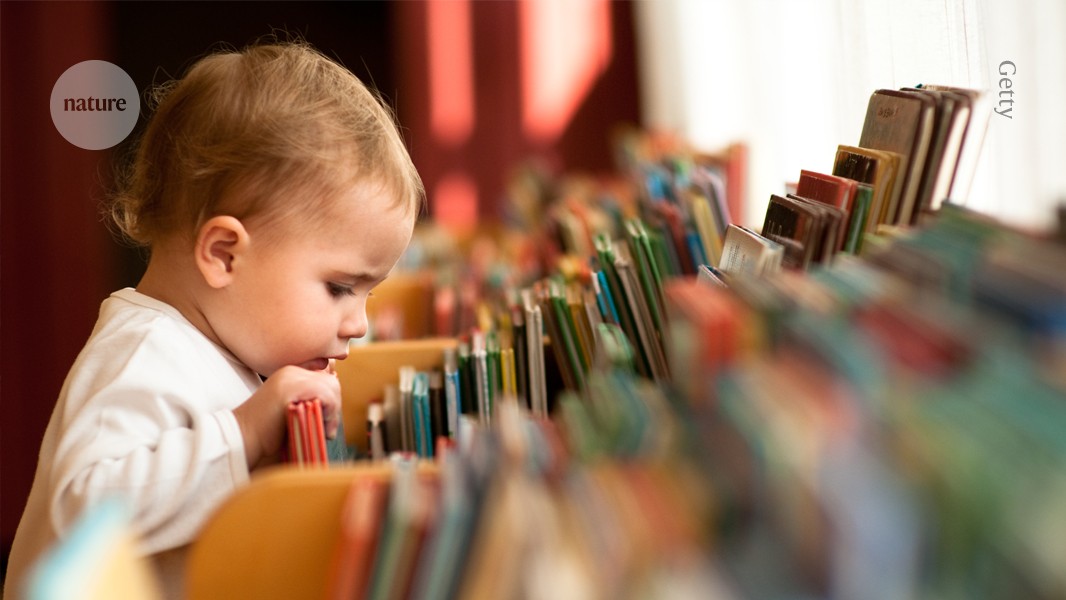Books to read
Between reading science stuff that I’m going to write about elsewhere, and my pleasure reading of a mammoth book (not one about the woolly mammoth!), I don’t have many books to report on. In fact, I’m about to be at a loss for books to read, and thus will tell you what I’ve read as … Continue reading Books to read

Between reading science stuff that I’m going to write about elsewhere, and my pleasure reading of a mammoth book (not one about the woolly mammoth!), I don’t have many books to report on. In fact, I’m about to be at a loss for books to read, and thus will tell you what I’ve read as a way of extracting suggestions from readers.
For a while I was on a Holocaust kick, and (as I think I mentioned earlier) I read The End of the Holocaust, by Alvin Rosenfeld, which you can get from Amazon by clicking below. His thesis is that the true horror of the Holocaust has been lessened by everyone using the word to mean “any bad thing that happened to a lot of people.” The book is especially concerned with Anne Frank, who, he says, was just one of a number of young victims who wrote about their situation, and somehow the attention devoted to her alone lessens the experience of other victims. Well, you can argue about that, but I think the book is worth reading now that words like “genocide,” “concentration camp,” and “Holocaust” are being thrown around willy nilly in a way that distorts their original meaning.
After that I read another short but very famous book about the Holocaust, Night, by Elie Wiesel. Click below to see the Amazon link:
Wiesel, a Romanian-born Jew, was taken to the camps with his family when he was young, and managed to survive two of them, writing several books about his experiences (this one, like the others, is either partly fictional or completely fictional but Night is mostly true). Wiesel was separated from his mother and sisters at Auschwitz-Birkenau, and they did not survive (they were probably gassed). Throughout the book he tries to stay with his father and keep him alive, but the father finally expires on a forced, foodless march through the snow as the prisoners are marched to another camp by the Germans as the Russians approach. Wiesel survivee, but just barely.
After the war, Wiesel dedicated himself to writing and lecturing about the Holocaust, and won the Nobel Peace Prize in 1986. Night is one of the best books about the Holocaust, at least in conveying its horrors, and was recommended by Rosenfeld in the book above. I too recommend it highly, and, at 120 pages, it’s a short read.
Here’s a photo of Buchenwald five days after its liberation by the Red Army, showing the arrangement of bunks and the skeletal nature of those still alive. Wiesel is in the photo; I’ve circled him next to one bed post. What better proof can you have that you really did experience what you wrote about?

And below is the behemoth I just finished, Wolf Hall by Hilary Mantel, which won both the Booker Prize and the National Book Circle Award in 2009. Click the cover to go to the Amazon site.
Several people recommended this book highly, and while I think the 730-page monster was very good, I didn’t find it a world classic. It recounts the life of Thomas Cromwell, who started life as the son of a blacksmith but worked his way up to being the head minister of Henry VIII. It deals largely with the intrigues and relationships of Henry’s court, which reminds me of Trump’s America. Henry was sometimes amiable, but would ruthlessly order the death of those who crossed him, including Anne Boleyn, who met her end simply because she couldn’t provide Henry with a son that could be his heir. Sir Thomas More is a prominent character, and he too meets his end for refusing to affirm that Anne Boleyn was the lawful queen. Everyone tiptoes around in constant fear of the KIng.
The book is quite involved, and has a big list of characters which are listed on the first page and to which one must constantly refer. It is the convoluted plot and surfeit of characters that made the book hard for me to read. Perhaps I’m getting old and my concentration is waning. But the dialogue is fascinating, and parts of the book are quite lyrical, with the prose style changing quickly from conversational to rhapsodic. Here’s what Wikipedia says about Mantel’s writing of the book, and the effort shows.
Mantel said she spent five years researching and writing the book, trying to match her fiction to the historical record. To avoid contradicting history she created a card catalogue, organised alphabetically by character, with each card containing notes indicating where a particular historical figure was on relevant dates. “You really need to know, where is the Duke of Suffolk at the moment? You can’t have him in London if he’s supposed to be somewhere else,” she explained.
In an interview with The Guardian, Mantel stated her aim to place the reader in “that time and that place, putting you into Henry’s entourage. The essence of the thing is not to judge with hindsight, not to pass judgment from the lofty perch of the 21st century when we know what happened. It’s to be there with them in that hunting party at Wolf Hall, moving forward with imperfect information and perhaps wrong expectations, but in any case, moving forward into a future that is not pre-determined but where chance and hazard will play a terrific role.”
The book (part of a trilogy) was made into a mini-series for t.v., and here’s the trailer. It feature Cromwell, Cardinal Wolsey, Anne Boleyn, and Henry VIII. Has anyone seen it?
So that’s my reading. Now I ask readers to recommend books for me—and other readers. They can be fiction or nonfiction, so long as they’re absorbing. I’m not sure I’m yet ready now for another 700-page novel (Amazon’s version says only 600-odd pages, but I have an older edition). Please put your recommendations, as well as the subject of the book, in the comments.

